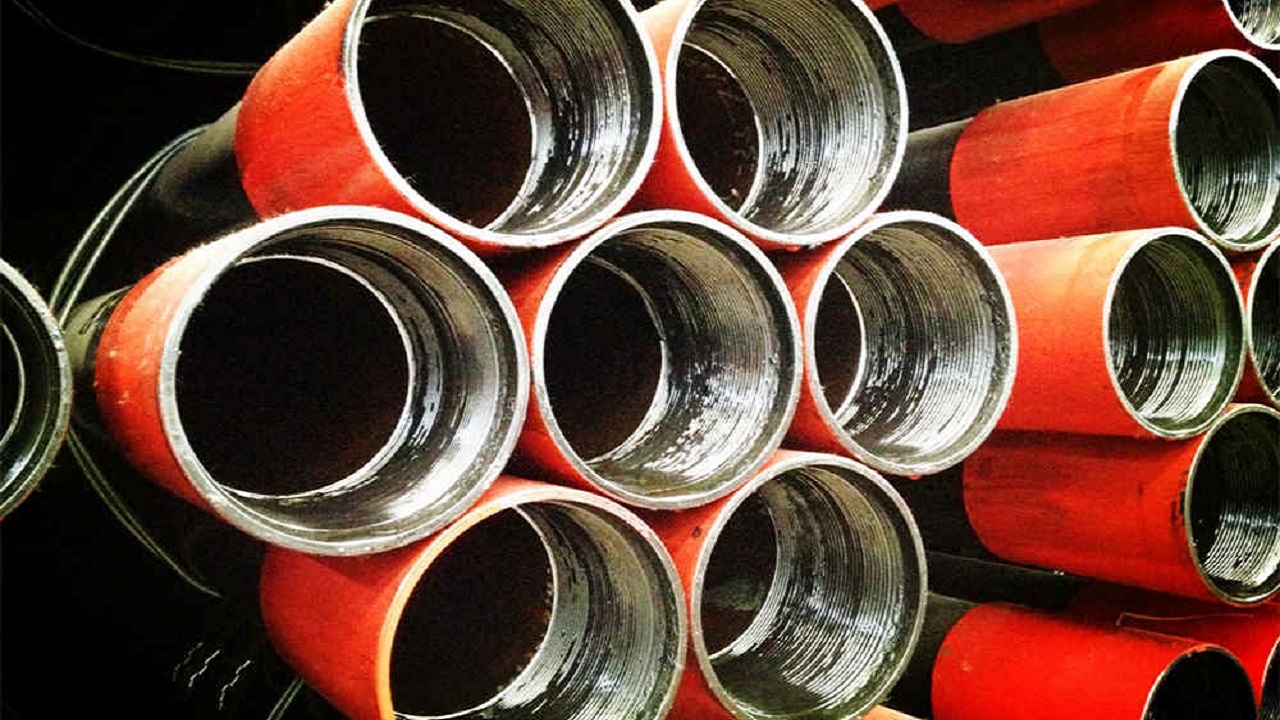Corrosion prevention is a critical aspect of ensuring the longevity and performance of API 5CT steel pipes, which adhere to the stringent standards set by the api 5ct standard. These pipes are extensively used in various industrial applications, including oil and gas exploration, geothermal energy production, and mining operations. Understanding the mechanisms of corrosion and implementing effective prevention strategies are essential for maintaining the integrity and reliability of API 5CT steel pipes in challenging environments.
Understanding Corrosion in Steel Pipes
Corrosion in steel pipes is a natural process driven by chemical reactions between the metal and its surrounding environment. Factors such as moisture, oxygen, pH levels, and the presence of corrosive substances can accelerate the corrosion rate, leading to degradation of the pipe's surface and potential structural weaknesses. In the context of API 5CT steel pipes, which are often exposed to harsh conditions in oil wells and industrial settings, corrosion poses a significant threat to their performance and safety.
Challenges in Corrosion Prevention
Preventing corrosion in API 5CT steel pipes presents several challenges due to the demanding operating conditions and diverse corrosive agents encountered in different applications. Some common challenges include:
High-Temperature Environments
In geothermal energy production and certain oil and gas extraction processes, API 5CT steel pipes may be exposed to elevated temperatures that can accelerate corrosion reactions.
Sour Environments
The presence of hydrogen sulfide (H2S) gas in oil and gas wells creates sour environments, which are highly corrosive to steel materials. Effective corrosion prevention strategies are necessary to mitigate the risks associated with sour corrosion.
Abrasive Conditions
In mining operations, API 5CT steel pipes may be subject to abrasive wear from the movement of fluids containing solid particles. Corrosion prevention measures must address both chemical corrosion and mechanical abrasion.
Corrosion Prevention Strategies
To mitigate the impact of corrosion on API 5CT steel pipes and extend their service life, various prevention strategies are employed:
Coatings and Linings
Applying corrosion-resistant coatings and linings to the surface of API 5CT pipes provides a barrier against corrosive agents, thereby protecting the underlying steel substrate. Common coatings include epoxy, polyethylene, and fusion-bonded epoxy (FBE), which offer excellent resistance to corrosion and mechanical damage.
Cathodic Protection
Cathodic protection is a technique used to control corrosion by making the API 5CT steel pipe the cathode of an electrochemical cell. This can be achieved through sacrificial anode systems or impressed current systems, which supply a steady flow of electrons to counteract the corrosion process.
Material Selection
Choosing appropriate alloy compositions and steel grades with enhanced corrosion resistance can help mitigate the effects of corrosion in API 5CT steel pipes. Alloying elements such as chromium, nickel, and molybdenum can improve the resistance to specific corrosive environments.
Conclusion
In conclusion, corrosion prevention plays a crucial role in maintaining the integrity and performance of API 5CT steel pipes across various industrial applications. By understanding the mechanisms of corrosion and implementing effective prevention strategies such as coatings, cathodic protection, and proper material selection, operators can safeguard their assets against the detrimental effects of corrosion. Prioritizing corrosion prevention not only prolongs the service life of API 5CT steel pipes but also enhances safety and reliability in critical infrastructure systems.


